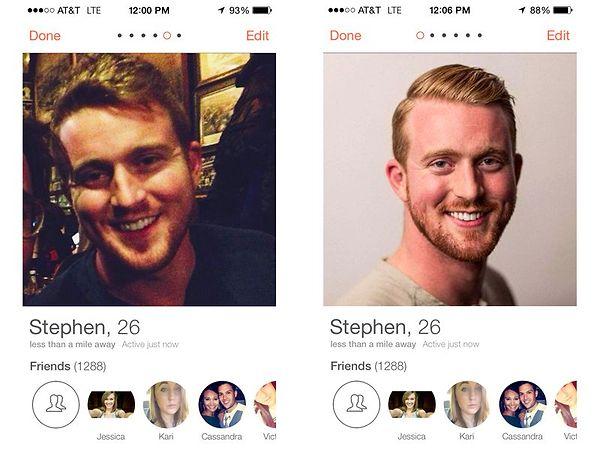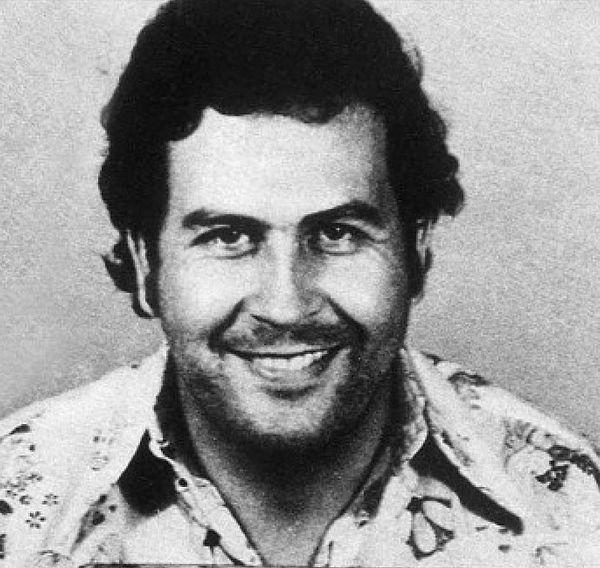11 Strange But Sneaky Facts Your Physical Appearance Reveal About You!
Everybody judges. Within a few seconds of seeing someone — whether on a date or at the grocery store — we decide numerous things about them, from how smart they are to how likely they are to commit a crime. Surprisingly, our first impressions can be remarkably accurate in some instances. In others, they can be wildly off base.
Here are a few of the things about people based on how they look.
1. If you're attractive, people assume you have other positive traits as well.

Thanks to a phenomenon that social psychologists call 'the halo effect,' we tend to assume that good-looking people possess other positive qualities aside from their looks, such as intelligence and commitment.
2. People can also get a surprisingly accurate read of your personality from a photo.

People can tell a surprising amount about your personality from your portrait. In a 2009 study, researchers showed participants the photos of 123 undergrads from the University of Texas at Austin in which the undergrads either were told to have a neutral expression or were allowed to pose however they wanted. No matter which position the people took, the viewers were better than chance at judging the following: how extroverted they were, how high their self-esteem was, how religious they were, how agreeable they were, and how conscientious they were.
3. People use facial clues about your height to judge your leadership abilities.

In 2013, a group of psychologists, neuroscientists, and computer scientists from Europe and the US had a small group of participants look at portraits of 47 white men and 83 white women and evaluate them first on their height and next on their ability to lead. The researchers found that people used factors in the photos like gender and face length to make guesses about people's height and then used these same factors when they judged their leadership qualities. Faces that appeared to belong to taller people were rated as belonging to better leaders.
4. Your facial structure can give people clues about how aggressive you are.

A small 2013 study by researchers at the Center for Behavior Change at the University College London suggested that men with higher testosterone levels were (not surprisingly) more likely to have wider faces and larger cheekbones. Men with these facial features also tended to have more aggressive or status-driven personalities.
5. People also use your facial structure to make judgments about how strong you are.

In a 2015 study, scientists showed people photos of 10 different people with five different facial expressions and then asked them to rate how friendly, trustworthy, or strong the photographed person appeared. Not surprisingly, viewers tended to rank people with a happy expression as more friendly and trustworthy than those with angry expressions. They also tended to rate people with broad faces as stronger.
6. If you look "untrustworthy," you're more likely to be seen as a criminal.

It's unclear why some of us appear more trustworthy than others, but this quality may have life-changing consequences. Researchers from Israel and the UK had volunteers look at photos of men and women that had been randomly selected from two photo databases and rate the emotional state, personality traits, and criminal appearance of the people pictured. The first set of photos came from a police mugshot database; the second were controlled photos in which actors had been told to look happy, neutral, or angry.
7. How people perceive your face could be a life-and-death matter.

For a 2015 study, a pair of University of Toronto psychologists collected photos of real inmates who were, at the time, incarcerated by the Florida Department of Corrections after having been sentenced for first-degree murder. Roughly half were serving life sentences; the other half were awaiting execution. Then the researchers had a group of participants look at the photos and rate the trustworthiness of the faces pictured on a scale from 1 (not at all trustworthy) to 8 (very trustworthy). Those who were rated as less trustworthy were more likely to be sentenced to death than those who looked more trustworthy.
8. Cognitive biases aside, how you look can sometimes indicate things about your health. Wrinkles, for example, can suggest heart problems.

Pruney skin can reveal more than just age — it may also tell us something about how our hearts are doing. A 2012 study compared the number of wrinkles on the faces and upper inner arms of a group of 261 people with long-lived parents to a random group of 253 people the same age. Women with the lowest risk of heart disease were described as looking more than two years younger than their age compared with those with the highest risk of heart disease.
9. Other underlying health issues may be seen first in the eyes.

Doctors can diagnose numerous conditions just from looking at your eyes. Red spots in the retina, the light-sensitive layer at the back of the eye, can be a sign of diabetes. When blood-sugar levels get too high, this can block the blood vessels in the retina, causing them to swell and burst.
10. Your face might not tell the whole story. For men, finger length has been tied with cancer risk.

Scientists studied the finger lengths of 1,500 patients with prostate cancer and 3,000 healthy men over a period of 15 years by asking them to look at pictures of hands and choose one that resembled their own.
Men who said their index fingers were the same length or longer than their ring fingers were one-third as likely to be diagnosed with prostate cancer over the course of the study as men whose index fingers were relatively shorter and the effect was even larger for men under the age of 60. Keep in mind that the study was based on the men's reported finger length, not actual measurements, so further studies are probably needed to confirm the findings.
11. And your height could reveal your risk of certain diseases.

Studies suggest that taller people have a lower risk of heart disease, while shorter people may have lower rates of cancer. The effects are believed to do with the amount of growth hormone produced, which can protect against some diseases but increase the risk of others. The findings, however, do not necessarily mean that being tall or short will prevent you from getting either disease.
Keşfet ile ziyaret ettiğin tüm kategorileri tek akışta gör!


Send Comment